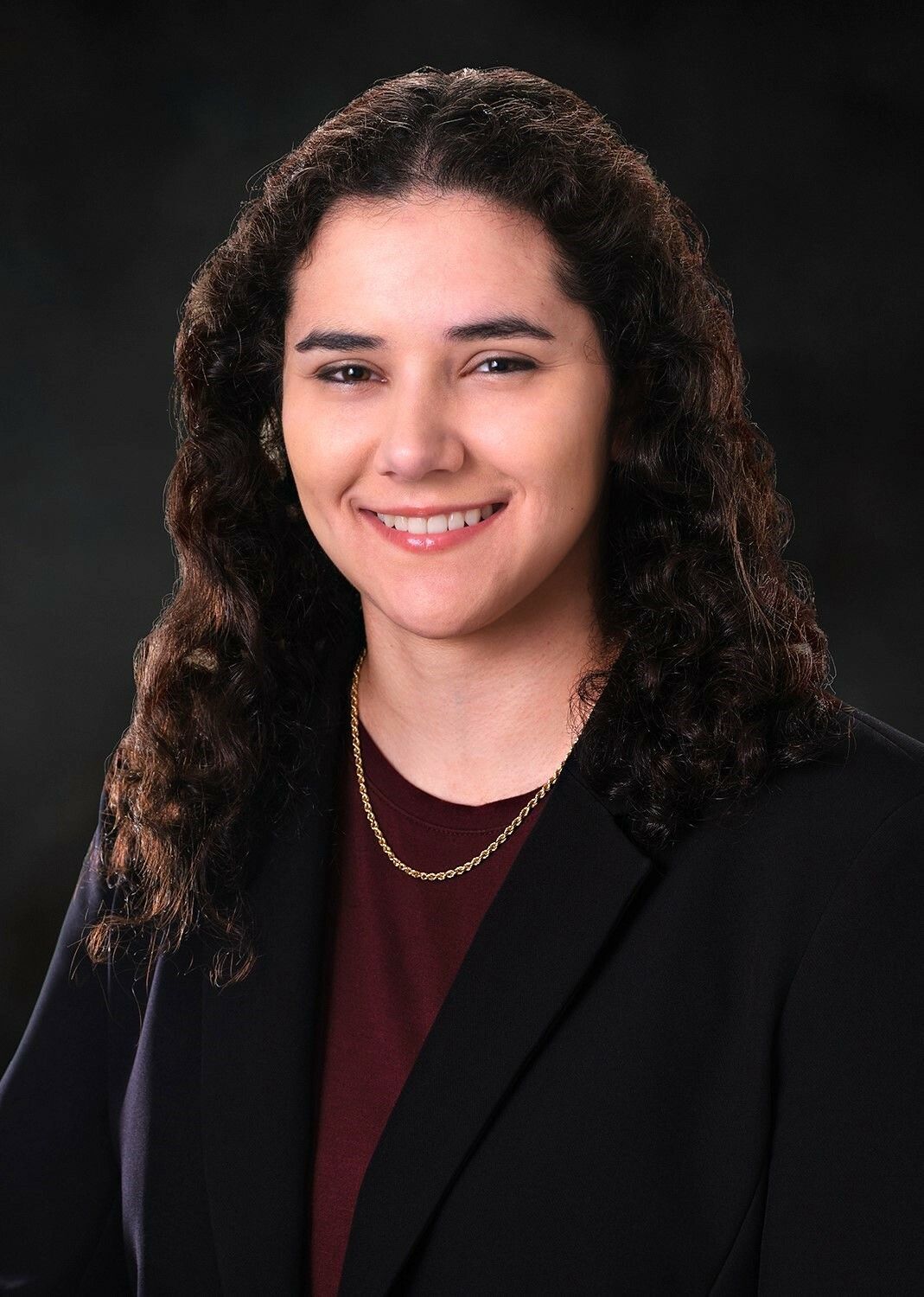Is Child Support in Tennessee Fair?
Is Child Support in Tennessee Fair?

Lately, as an almost exclusive domestic law attorney, I hear questions as to whether child support is "fair". In this law firm, you will often times hear that the only thing fair in life is "fair skin, fair skies and the place you put your prized pig". It did not take long to figure out in this business that although the intentions of the law are to be fair to the parties, ultimately, it is rare, absent an agreement, that the parties feel they got a fair deal. Child support is one of those categories. With the divorce rate and children born out of wedlock rate, many people at least know of someone who has to deal with a child support issue, and/or are dealing with one of their own. Unfortunately, this knowledge typically influences new clients to feel like they know what is "fair".
The child support guidelines, however, after being amended beginning January 1, 2005, no longer make it easy for clients and/or practitioners to estimate child support without using the Tennessee child support calculator. Prior to 2005, the Tennessee Child Support Guidelines simply took a percentage of the net income of the Alternate Residential Parent (the parent who spent less time with the children in a calendar year - typically the Father), which made it very easy on everyone to estimate child support payments on a monthly basis. With the growing number of Mothers working and often times earning more income than the Father, the Child Support Guidelines were adjusted to account for this new trend. Personally, I think this is an example of how the feminist movement finally backfired on women, despite the new guidelines being more "fair".
Today the calculation for child support is much more complex, likely requires a calculator, and follows a number of steps. Below is a very basic guide through a child support calculation:
The gross income of the Father and Mother is added together. The gross figure is used to determine the total amount of child support that should be spent on a child or multiple children with that amount of gross income (this number is found on a chart provided by the Guidelines and is the primary reason child support is now difficult to estimate without the calculator). Then, the gross number for child support is prorated according to the income of the Mother and Father. For example, if the Mother makes $2,000 per month and the Father makes $3,000 per month and they have one child together, then the gross child support would be $823.00 per month (based upon the chart), and Father's portion would be 3/5 of $823.00 or $493.80 and Mother's portion would be 2/5 of $823.00 or $329.20. The parent who spends the most time with the child will receive the payment from the other parent and it is assumed that the amount assigned to the Primary Residential Parent will be spent by them on the child/children.
Above is the most basic calculation. Unfortunately, that is rarely where the calculation ends. The Child Support Guidelines provide for additional factors to be considered in calculating the total amount, which include at least the following most common factors:
Number of Days: If the Alternate Residential Parent (i.e., the parent who is not the Primary Residential Parent) spends more than 90 days with the child/children per year, then there will be a downward deviation in child support (this calculation is too complex to describe here). If the Alternate Residential Parent spends less than 90 days with the child/children per year, then there will be an upward deviation in child support.
Other children outside of the relationship: If a parent has children outside of the relationship, then an adjustment to that parent's income will be made prior to determining the gross income for that parent for purposes of calculating child support for the child/children.
Health Insurance Premium: The amount of the monthly health insurance premium paid for just the child/children is prorated between the parties based upon their prorated income.
Work Related Daycare: The amount of the monthly work related daycare paid for the child/children is prorated between the parties based upon their prorated income.
These factors alone can create vastly different child support amounts for parties with very similar visitation schedules and very similar incomes. Accordingly, we as practitioners often find that clients cannot understand how the child support is "fair" in their particular case after they have discussed dollar amounts with their friends.
I will not say necessarily that I believe the child support guidelines in Tennessee are "fair", as there are many different outlier scenarios where the amount of child support will not appear in-line with the facts of the case. Overall, however, as compared to the pre-2005 guidelines, child support in Tennessee has come a long way to attempt to be "fair".
About the author: Ms. O'Shaughnessy received her B.S. from the University of Virginia in 2002 and her J.D. from University of Tennessee College of Law in 2005. She is a Director at GKH and focuses on Family Law.
This blog is not intended to create an attorney/client relationship or provide legal advice. Please contact the author if you have any questions or comments regarding the subject matter.










